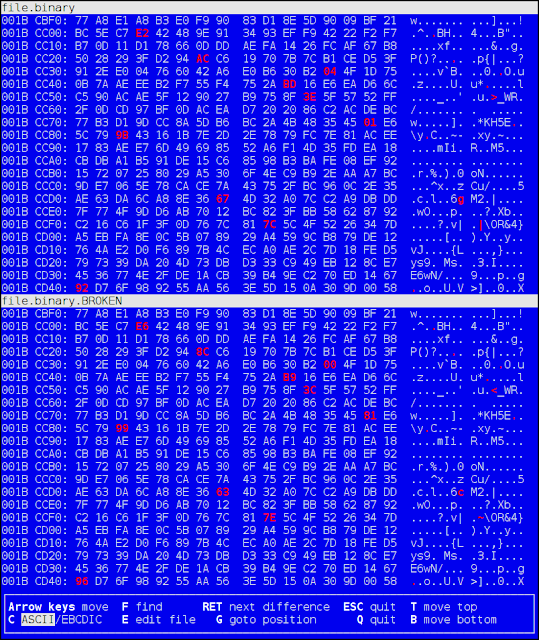Then why does the process cause black holes to lose mass?
Because to create the pair out of nothing, you have to borrow energy. That's allowed due to the uncertainty principle, for a short amount of time. But you're gonna have to give it back, you pair you. The way you give back the energy is you annihilate in a flash, and that flash pays the piper. But if one of the particles/anti-particles falls beyond the horizon, then there is nobody to annihilate with anymore. Who's gonna pay now? The black hole is, because truth be told, even though particle/anti-particle pairs can be created in a vacuum, it is much more likely to occur in a strong magnetic field (we observe this all the time) or a strong gravitational field (like that near a decent sized black hole). Chris Adami
I still don't understand why black hole should "pay". Why not entire universe (except the black hole)?
Because the pair formation happened within the gravitational field of the black hole. When you create pairs within the magnetic field of a nucleus, the nucleus pays. Same thing. Chris Adami
Full thread:
Science AMA Series: I'm Chris Adami, the guy that figured out what happens to information in black holes. Ask me anything!







Comments
Post a Comment